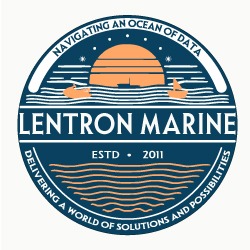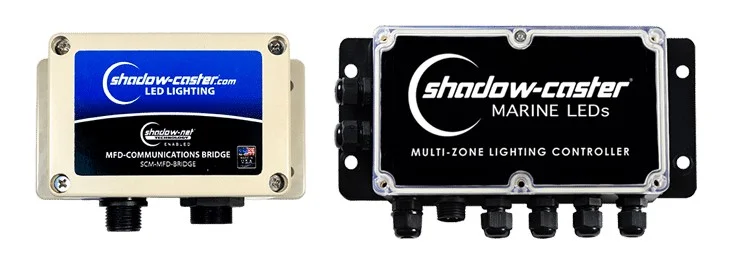The downsides of modern marine electronics like MFDs, Radar, and AIS directly impact situational awareness, often in ways that can undermine safety and decision-making on the water.
Here’s how these effects relate:
1. **Over-Reliance on Technology and Decreased Situational Awareness**: Dependence on electronics can diminish a boater’s fundamental navigation skills and awareness of their surroundings. When boaters rely solely on screens, they may lose the habit of visually scanning the water, interpreting natural cues, or verifying positions with traditional methods, which are crucial when electronics fail.
2. **Equipment Malfunction and Loss of Awareness**: If key systems like radar or AIS fail unexpectedly, boaters may find themselves without critical information at critical moments, resulting in a sudden loss of situational awareness. This can be dangerous, especially in crowded or hazardous waters, where quick and informed decisions are needed.
3. **False Sense of Security Reduces Vigilance**: The belief that technology will always alert boaters to potential dangers can cause a reduction in active vigilance. Boaters might miss small, unmarked obstacles or hazards that radar or AIS does not detect, leading to unsafe situations where direct observation and awareness would have been crucial.
4. **Complexity and Misinterpretation of Data**: The learning curve and complexity of modern electronics can lead to errors in understanding or operating the systems, causing incorrect data interpretation. This misinterpretation can result in poor situational awareness, such as misjudging the distance of other vessels, failing to recognize navigation markers, or misreading depth information.
5. **Distraction from the Environment**: Constant attention to screens can draw focus away from the physical environment, significantly reducing situational awareness. This “heads-down” behavior prevents boaters from noticing visual cues, such as sudden changes in weather, approaching vessels, or unexpected obstacles, which are essential to maintaining safety.
6. **Data Overload Leading to Confusion**: The vast amount of information provided by modern systems can overwhelm boaters, leading to confusion or distraction during critical moments. This information overload can impair situational awareness by diverting attention from immediate surroundings to deciphering data, which may not be immediately relevant.
7. **Limited Coverage and False Security**: Radar and AIS have limitations, such as blind spots and inability to detect small or fast-moving objects. Boaters relying solely on these systems might overlook these limitations, resulting in reduced situational awareness when navigating areas with potential hidden dangers.
8. **Power Issues Compromising Awareness**: Power consumption of advanced electronics can be an issue, especially on smaller boats with limited power reserves. A sudden loss of power can disable critical navigation tools, leaving boaters without essential situational awareness aids when they need them most.
Overall, while modern marine electronics significantly enhance the ability to monitor and navigate, they can also inadvertently reduce situational awareness if not used judiciously. Boaters must balance their use of technology with direct observation, traditional navigation skills, and an active, vigilant approach to maintaining awareness of the environment to ensure safety on the water.

